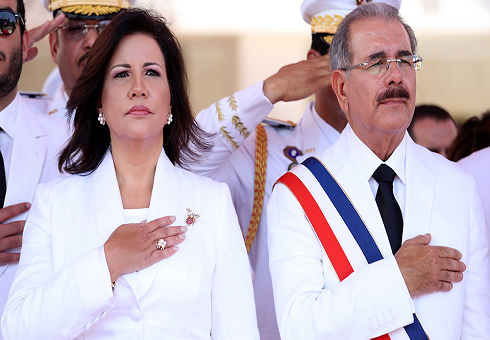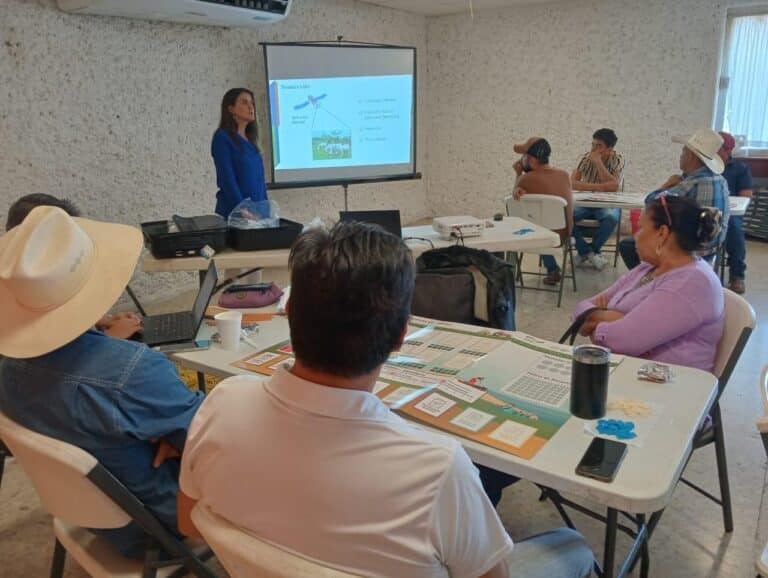 For the second time Danilo Medina assumed the leadership of government and state, who won in the last elections with the highest vote in the Dominican electoral history.
For the second time Danilo Medina assumed the leadership of government and state, who won in the last elections with the highest vote in the Dominican electoral history.
Since last August 16, Danilo Medina, who was reelected in office, continues his second term as president number 54 of the Dominican Republic since its national independence in 1844.
Acts of handover took place in the framework of the celebration of 153rd anniversary of the Restoration of the Republic. In such events attended by delegations from hundreds of countries in the region and other continents.
In the hall of the National Assembly in the Palace of Congress swore Danilo Medina, president of the Republic, and Margarita Cedeño de Fernandez, vice president.
Both reelected by popular vote in the elections last May 15 were ratified by the Dominican Congress meeting in National Assembly and 16 August swore before the assembly, the diplomatic corps accredited to the country, international delegations and people Dominican and the world through the mass media (radio, television, Internet, social networks, etc.)
During the inauguration speech, Danilo Medina, is the reduction of rural poverty by 11% as one of the most important results of the previous four years in the agricultural sector.
For this new period, it plans to give more support to productive sectors, entrepreneurs and facilities for the formalization of businesses within the agricultural sector. It will also focus its efforts on expanding access to credit for both agricultural producers and exporters through the new National Export Bank.
Pursue the introduction of new technologies to boost development, competitiveness and expansion of the Visiting Program Surprises with seeking to share their experience with friendly countries and determine their interest the progress achieved through this program.
He posed as a goal for 2020, an increase of 10% of the agricultural production areas and 48% in the areas under protected environment and will continue the rehabilitation of roads and rural roads to facilitate producers transport their goods to consumption centers of the country.
He marked this period of his mandate as the ‘Four-year of Water’ to sort the sector around a water management strategy that rests on four pillars:
1. Organization and strengthening of our institutions, differentiating the roles and improving technical skills of staff.
2. Expansion of supply coverage by 83% by 2020, including 88% in urban areas and 70% in rural areas.
3. Development of a National Sanitation Strategy for the preservation of health in supply and wastewater management.
4. Continuity and creating projects integrated management of river basins, following the experience of the project ‘Cultivating Good Water’.
This also includes reforestation for the protection of river basins and to have water for our consumption and development.
MINISTRY OF AGRICULTURE AND MINISTRY OF ENVIRONMENT AND NATURAL RESOURCES
The same day, in a ceremony headed by the Minister of the Presidency, was named for the second time, the Minister of Agriculture, Angel Estevez.
He is a recognized as an agricultural businessman linked to the rice sector and a promoter of productive partnerships, especially cooperatives. He is a partner and principal managers of the Multiple Services Cooperative of Rice Farmers.
On the other hand, Francisco Dominguez Brito was appointed as the new Minister of Environment and Natural Resources, in the presence of Bautista Rojas Gómez, the outgoing minister.
Dominguez Brito said that during his administration will work to clean up and preserve natural resources, especially conservation and sanitation of water sources. He said residents provide a healthy environment is a priority, and will assume this role before this Ministry to continue improving and protecting the natural heritage of the Dominican Republic.











